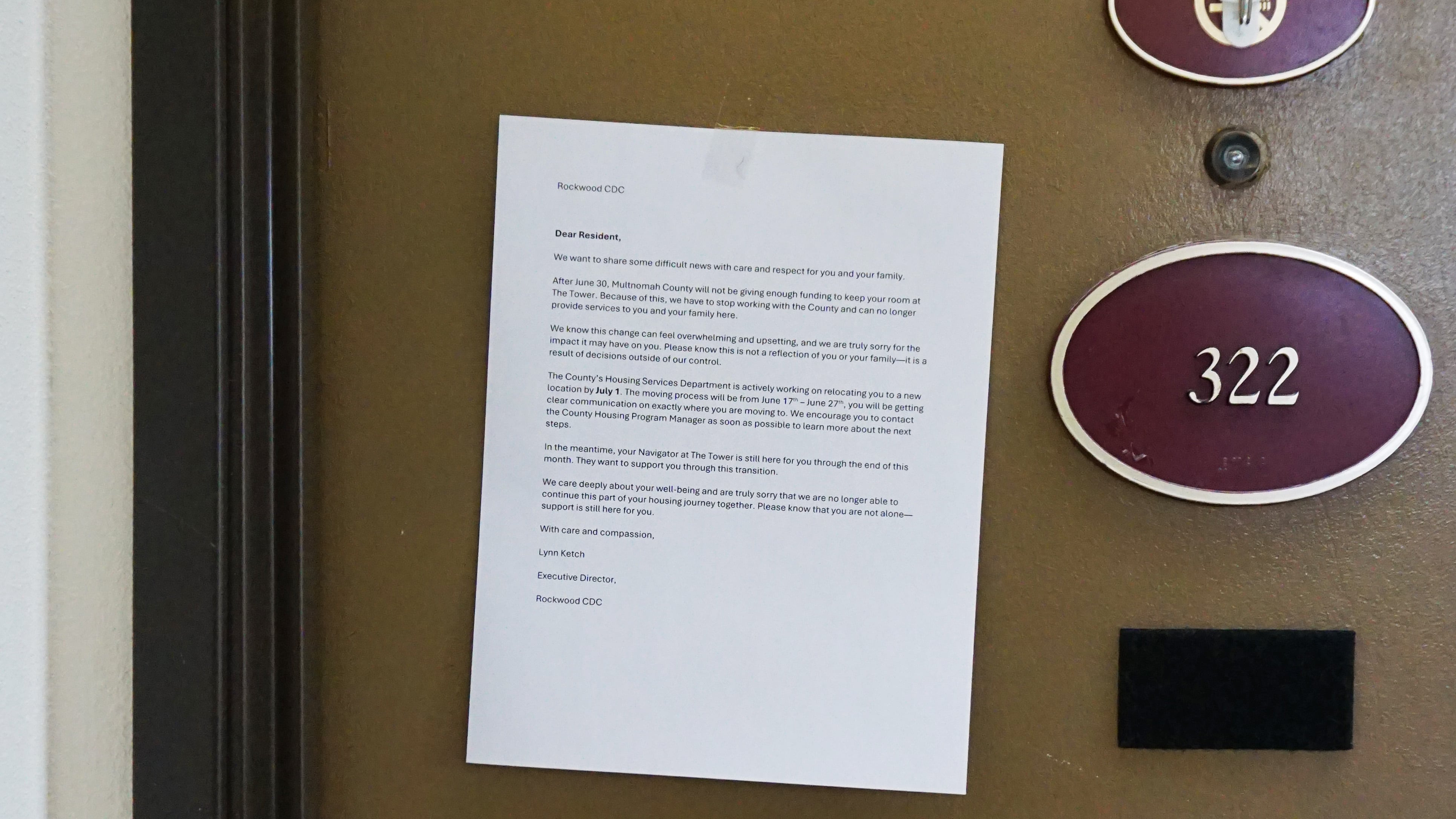Taxpayers wondering how Rockwood Community Development Corporation won $6.8 million in state money to buy a derelict Best Western hotel in 2021 are unlikely to see why officials bestowed so much money on a nonprofit with a history of poor public disclosure.
The money came from Project Turnkey, a $125 million pot of cash doled out at the state’s behest by the Oregon Community Foundation, a private nonprofit, bypassing state agencies. The grant made Rockwood CDC and its founder, Brad Ketch, major figures in Oregon homeless services.
In his 2023 book, The Flourishing Community: A Story of Hope for America’s Distressed Places, Ketch writes that the money “signaled to everyone that we had arrived as a real player in community transformation.”
But, as WW has since reported, Ketch tussled with his own board chair over financial disclosures, causing her to resign abruptly in 2017. Around the same time, Rockwood also ignored entreaties from the Gresham Redevelopment Commission to prove its nonprofit status. Most recently, Multnomah County canceled all contracts with Rockwood, citing irregularities in its accounting.
The incidents raise questions about what Ketch told Project Turnkey evaluators to convince them he should get millions to buy a hotel and turn it into a family shelter.
Spokesman Colin Fogarty says OCF can’t release the application because nonprofit grantees “trust us with details that may or may not be public.”
Fogarty referred WW to the Oregon Department of Administrative Services, which oversees the properties purchased through Project Turnkey. Spokeswoman Bryanna Duke says DAS “has the progress reports but does not have the details on the different applications.”
Rockwood CDC didn’t return an email asking for the application.
At least one Multnomah County commissioner says more disclosure is in order. “It is disappointing to hear that Project Turnkey applications are not being shared publicly,” Commissioner Shannon Singleton said in an email. “I am sure there are ways to redact any proprietary information contained in the applications and still provide the public line of sight into how these critical resources were spent.”
Former state Sen. Betsy Johnson (D-Scappoose), a critic of Project Turnkey as it made its way through the Legislature in 2020, says OCF’s claim that it must protect grantees is moot in this point because the money came from taxpayers.
“As someone who has been around OCF for a long time, I’m disappointed that they would take this position,” Johnson said. “They took the government as their partner and—by extension—the people of Oregon. People need to trust OCF, and this kind of obfuscating behavior is not acceptable.”
To evaluate grant seekers, OCF relied on an advisory committee “with expertise in and lived experience of housing insecurity, which vetted applicants and selected grantees,” according to a 2021 report on the program sent to the Oregon Legislature. OCF also retained two real estate consultants who examined the properties, the report says.

